Do you have a homeschooled student that is struggling with a language learning challenge? It can can feel overwhelming and even a little intimidating to navigate teaching a dyslexic child.
- Can I give them the instruction they need to thrive?
- How can I build their confidence and encourage them?
- What dyslexia homeschool resources are available that are not only effective but fit our busy life?
- Are we going to like each other at the end of this?
I completely understand those questions and worries! That’s why I put together this post with some tips and tools that I’ve found helpful on the journey so far.
You CAN homeschool your dyslexic child successfully!
Disclosure: *This post may include affiliate links. As an affiliate, I earn from qualifying purchases. Read the disclosures and terms for more information.
This post is sponsored by Lexercise, the online dyslexia therapy program my son and I use and love! All opinions are my own.
What's Covered:
Each Child and Family is Unique
Before I launch into it, I have to put a reminder out there that every child and every family is unique. Finding the tools and resources that work best for your child and that fits your family’s needs is the most important thing. There is no one-size-fits-all approach in homeschooling, and that is true for teaching students with dyslexia as well.
Take time to evaluate and pray about the needs of your child and the resources available to you. As overwhelming as it can be to have so many options available as homeschoolers it is also a tremendous BLESSSING, because we are more likely to find something that fits us best.
Learning About the Facts and Signs of Dyslexia
It’s important to learn what you can about dyslexia and related challenges. After diving into some research on the topic, I realized I didn’t know as much as I thought I did!
Here are a few of the things I learned as I started digging:
- Dyslexia is genetic.
- It is a language processing disorder.
- It is not a vision problem, although vision issues can exacerbate dyslexia symptoms.
- It isn’t limited to reading, but also impacts spelling, writing, and pronouncing words.
- Dyslexia is often accompanied by struggles with executive function, working memory, dyscalculia (math), and dysgraphia (handwriting).
- Children with dyslexia aren’t lacking in intelligence and often excel in other areas.
I also learned that there were more signs of dyslexia than I had assumed. Below is a list of the signs that particularly surprised me (not all of these must be present for dyslexia to be an issue, and it’s not an exhaustive list):
- Learning to talk later than most children.
- Difficulty with rhyming.
- Trouble memorizing things like days of the week, months of the year, math facts, etc.
- Hard to associate sounds with letters
- Guessing words based on context instead of sounding them out, or skipping words entirely.
- Skips or misreads small words such as at, the, do, and to.
- Difficulty finding words to express thoughts.
- Extreme fatigue during reading or writing tasks
For more info on the signs of dyslexia, read this article by Lexercise, this post by Homeschooling with Dyslexia, and this article from Dyslexia Help.
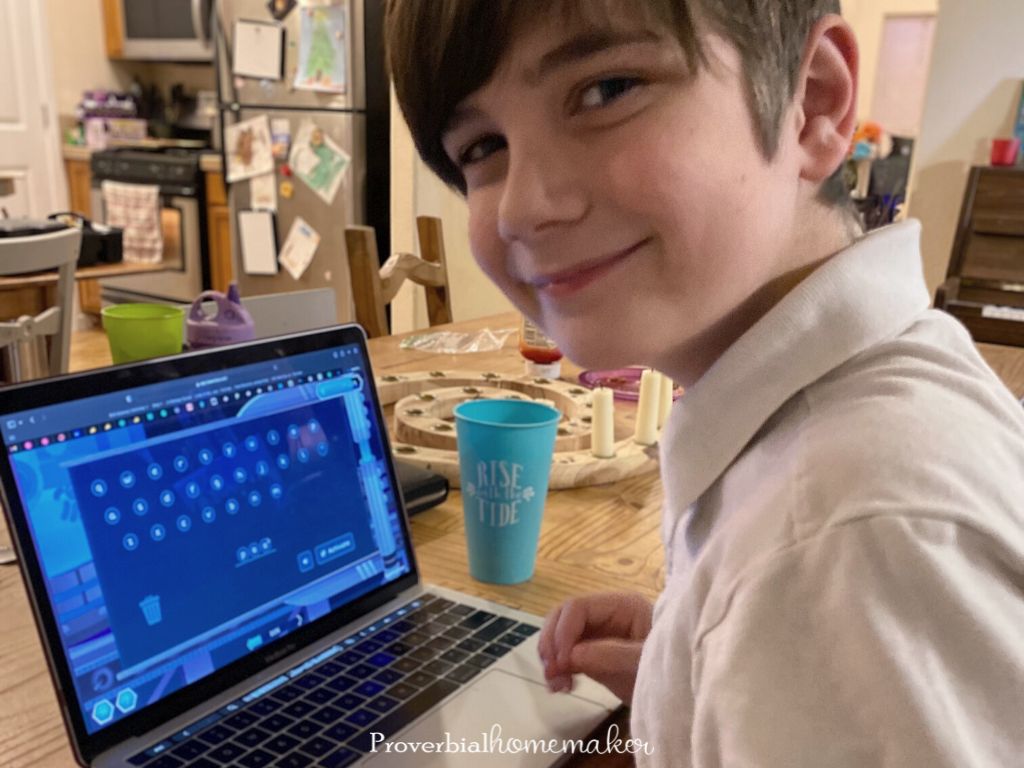
Getting a Formal Dyslexia Diagnosis
There are situations where getting a diagnosis may be helpful. Knowing what a diagnosis will accomplish is important. If getting a formal diagnosis helps you receive needed services or resources, allows for accommodations for required standardized testing in your state, or will otherwise help your child, then certainly look into it.
Here is a good article on why and how to get a dyslexia diagnosis. (I will add to it, however, that some local universities and colleges here in Oregon provide evaluation and diagnosis services to the public, so you may want to look into that in your area as well.)
In our situation, we decided that a formal diagnosis of dyslexia wasn’t really necessary. Gaining a formal diagnosis didn’t seem to provide anything we weren’t already able to accomplish independently using the dyslexia homeschool resources available to us. Again, it really depends on your child, your state homeschool laws, and your goals.
Side Note: Our son also was diagnosed with convergence insufficiency, a problem with eye tracking and muscle activity, that was causing eye pain and exacerbating his struggles with dyslexia. He has been working through vision therapy that has eliminated the pain and helped relieve eye fatigue while reading. This diagnosis is sufficient should we choose to pursue alternatives to standardized testing here in Oregon. Knowing your state homeschool laws is essential! As an extra bonus, his vision therapist is also a professional in the field of dyslexia, so she provided an evaluation and informal diagnosis, with suggestions for a course of instruction. By that time, we were already well on our way toward progress with the dyslexia homeschool resources we found, but it was nice confirmation that we were on the right track.
Dyslexia Evaluations and Screenings
What I did find helpful was taking advantage of informal dyslexia evaluations. I already mentioned that our vision therapist did an evaluation and provided an informal diagnosis with recommendations. But long before that, I came across other online evaluations and they were very helpful. Finding one or two from a reputable source can help equip you with information and ideas for effectively instructing your child!
One dyslexia homeschool resource that was particularly helpful in my research was the Lexercise Dyslexia Screener. This is an activity you do with your child together at the computer and it just takes about 5-10 minutes. Afterward, you get the results and a suggested treatment plan. You even have the option to chat with a dyslexia therapist, which I highly recommend! The therapist we talked with was extremely helpful and encouraging. Whether you end up using the Lexercise program or not, the screener is gold. It can help you navigate dyslexia homeschool resources and make a plan for going forward.
Lexercise also now has this a helpful service for assessing where your child is at in reading, writing, and spelling. It’s a great option for parents who don’t need a formal diagnosis but want to know their child’s current grade level in these areas with suggestions for how to help them succeed. It includes submitting writing samples and an online meeting with an expert therapist.
Favorite Dyslexia Homeschool Resources
So far on this dyslexia homeschool journey, I’ve come across some fantastic resources and tools. However, two stand out above the rest, in my opinion.
1) Lexercise Online Dyslexia Reading Program
Lexercise is our main resource for teaching our child and helping him thrive in reading, spelling and math. It is a research-based program that uses the Orton-Gillingham approach and was developed specifically for dyslexic students. Lexercise has been a huge win in our homeschool!
It ticks ALL the boxes I was looking for in a dyslexia homeschooling resource. Here’s why:
- Lessons are easy to implement, self-paced, and all online. (No traveling to appointments!)
- Practice games are quick and fun (You can try them for free here!) This is a big reason why my son says Lexercise is his favorite part of his daily lessons.
- Recommended parent-led activities are provided for each lesson to maximize learning.
- Access to an excellent dyslexia therapist. Ours has been a sanity-saver, an for an extra fee we can do a live session with her. So far I haven’t needed that, but I’m glad it’s in my back pocket.
- Helpful parent dashboard with useful feedback and student progress tracking.
- Extensive support and training materials for parents in the program with videos for each lesson and documentation available to review all the skills learned.
I HIGHLY recommend checking out my full review of Lexercise here. I share our experience a some tips I’ve learned for using the program most effectively.
➡️ Try the Lexercise online games for FREE here!
➡️ Take the FREE Dyslexia Screener!
➡️ Get 40% off the Lexercise Basic Therapy Plan (This is the one we use!)
2) Homeschooling with Dyslexia
The second top resource i recommend is the site Homeschooling with Dyslexia by Marianne Sunderland Sunderland. It is a gold mine of articles, courses, and coaching resources that help parents homeschool their dyslexic students effectively. Browsing her site will get you well on your way!
Courses for Parents – I purchased several of her audio courses for parents to help learn about the basics of teaching children with dyslexia. The most helpful, however, were the audio courses on how to approach related issues like executive function, working memory, and dyscalculia.
Marianne also wrote two books I’ve found helpful:
- Dyslexia 101: Truths, Myths and What Really Works
- No More School: Meeting the Educational Needs of Kids With Dyslexia and Language-Based Learning Difficulties
Other Great Dyslexia Homeschool Resources
As I shared, Lexercise has proven to be the best option for our child and I am SO glad we discovered it! But if you’re evaluating options, here are a few to consider:
- All About Reading – This was the first resource we used that actually helped my son get a good start to reading. It is another Orton-Gillingham approach program. He had gone through Teach My Child to Read in 100 Easy Lessons (which worked for all the other kids) and still couldn’t read at all. All About Reading was fantastic for getting him going on the path to reading. We did notice that he never really translated the skills he learned there to reading other books outside the program, which is what started me researching more and led us to Lexercise. But many families use All About Reading all the way through with great success.
- All About Spelling – All About Spelling is another fantastic resource that we use in our homeschool. With my dyslexic kiddo, I introduced it too early, I think. Waiting until he was pretty fluently reading before starting this may have worked better. Although we love and use it for some of our other children, Lexercise covers reading and spelling for him.
- Logic of English – LOE is a program we’ve used with three of our other children with good success. I have not used it with a child with dyslexia but it is another option that is comprehensive, scripted, and uses the Orton-Gillingham approach. They now have an online version as well. It may not have the teacher support for dyslexia that I love about Lexercise, but it its another good option to consider.
- Barton Reading – I have not used the Barton Reading program but I hear about it all the time. It has been a trusted resource for teaching students with dyslexia, especially if they have a moderate to severe form of it. IN the end, I was intimidated by what I heard about the time and learning curve it would take me, so I opted for Lexercise.
- And many more! My list of homeschool dyslexia resources is certainly not exhaustive. It just includes the ones I’ve used or personally looked into. There are other great resources out there!
Supporting Activities and Curriculum
Reading
- Comic Books and Picture Books: I wanted my son to enjoy reading even when he was struggling. We gathered good comic books he could enjoy and picture books, both fiction and non-fiction, so he could follow stories while reading at whatever level he could.
- LOTS of Read Alouds and Audio Books: Reading aloud and listening to audiobooks has always been a regular part of our homeschool journey. It’s been helpful for my dyslexic child as well in building his language skills and vocabulary. For him, we found it really effective to occasionally get both the book and the audio and have him read his copy with the recording. Choosing selections from the library that are either at or just above his reading level works well.
- Bible: The three younger boys get up early with me in the morning an start the day with “Bible time.” They each grab their Bibles and read. Even the non-readers get a comic book version and browse the stories. Over the years and through his Lexercise lessons, those reading times have naturally progressed to reading from his NIrV Bible a chapter or more each morning. He also read along with his Bible while we do family studies.
Handwriting
- MazeWriter was a great resource that my son loved to do. It helped him build fine motor skills and work on his handwriting at the same time.
- A Reason for Handwriting is the main handwriting curriculum we use and I love it for my dyslexic kiddo as well. It’s gentle, helps practice letter formation, and uses Scripture copywork.
- Typing.com and Nitro Type have been helpful for improving his typing skills. Writing can still be fatiguing for him, so typing fluently can help him with compositions later on without too much handwriting (although we still make time for handwriting practice.)
- Dysgraphia Test from Lexercise that you can use with your homeschool children and it’s FREE! (Lexercise also now has a Reading & Spelling Inventory Assessment service that includes the option to submit a handwriting sample for analysis.)
Writing & Grammar
- Narration is a practice all my children do for each grade. It’s simply re-telling in your own words what you read or heard. Building this skill is incredibly helpful for attentiveness, comprehension, and pre-composition skills. We do oral narrations often and around 3rd/4th grade they do some written narrations.
- Audio / video recorder: My son also enjoys using an audio or video recorder to do his narrations. I’ll ask him to narrate something he read or heard, or present something he learned about in a recording, and he’ll excitedly share it with his siblings and dad.
- DIY Comic and Picture Books: Once, I showed my kids how to make a simple DIY book by folding several pieces of blank paper together and stapling along the seam. For whatever reason, this simple activity took off in our home! Now all my kids write and illustrate several comic books and picture books each month. My dyslexic kiddo seemed to particularly love this activity. He comes to me if he needs help, but that happens less and less. (I also don’t correct anything in these books.)
- Writing Curriculum – Writing curriculum that has short lessons and gentle, building structure works best for my dyslexic kiddo. We waited until he was fairly well along with Lexercise, reading closer to his grade level, and was growing in his spelling skills.
- Once he was ready, we added Essentials in Writing (EIW) at a level down from his age grade level. It’s been perfect with very short video lessons, simple practice pages, and covers both grammar and writing skills.
- Just Write is another good resource for those that prefer non-video lessons.
- Thinking Tree has a Minecraft writing resource I’m considering getting him for occasional breaks from the regular lessons.
Math
Math-U-See – We made the switch for my dyslexic son to Math-U-See from our regular math curriculum, CLE, when we got to the third grade level. The jump from 2nd to 3rd was overwhelming for him and he was having trouble with math facts and conceptual understanding. Using the Math-U-See program, as well as their math facts program, AIM, has been a perfect fit for him. We spent half a year doing AIM for addition and subtraction and then moved on to where the placement tests put him in the Math-U-See program. You can read my full review here.
Delight-Directed Learning
Don’t forget to help your children explore their interests, find answers to their big questions, and enjoy learning! Find ways to make their interests part of their core subjects. Give them plenty of opportunities for creative play and nurture what sparks their imagination. It will breathe life into your child’s homeschool journey as they grow in their language skills!
Again, you CAN homeschool your dyslexic child successfully! Prayerfully consider the options and move forward knowing that you are the best qualified to guide them. Homeschooling our children is a privilege and a responsibility. May we embrace it joyfully and trust that the Lord will lead us along the way. ❤️
~ Tauna
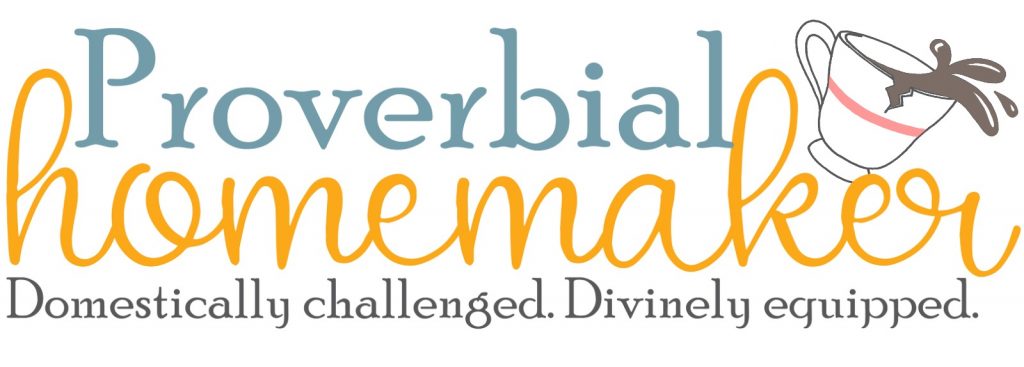
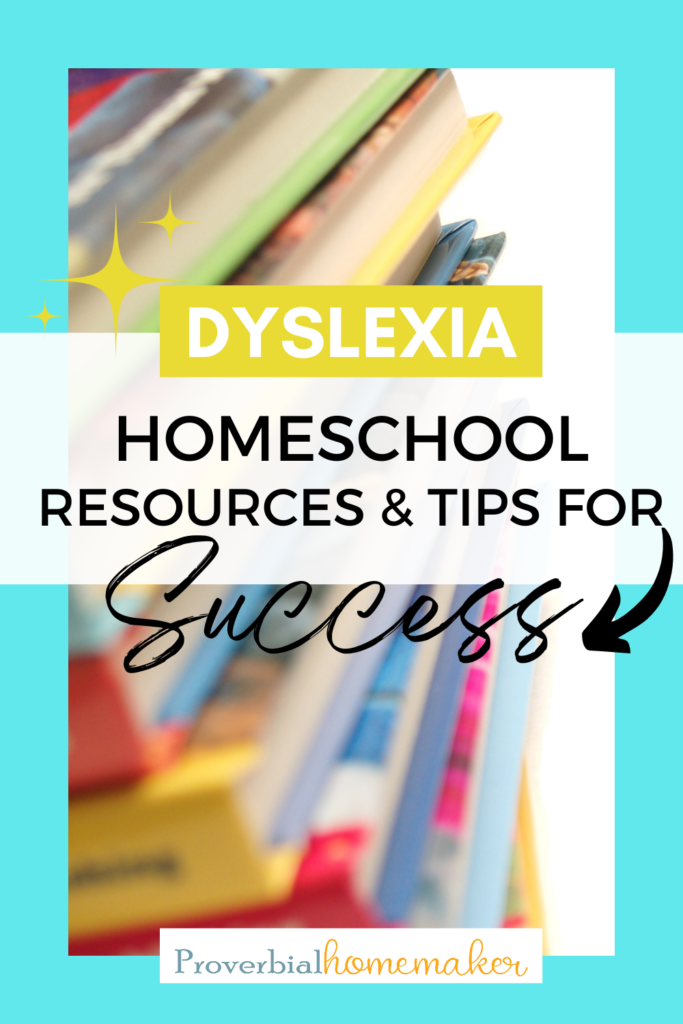
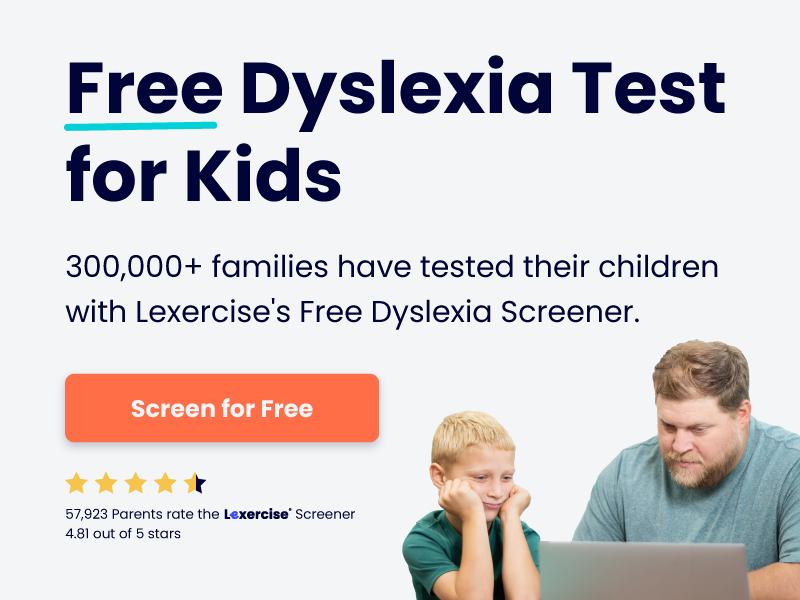
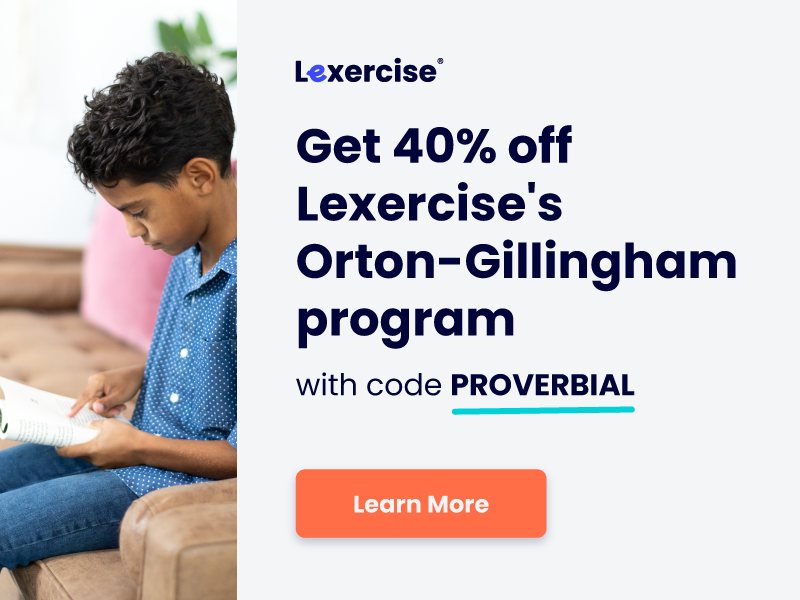
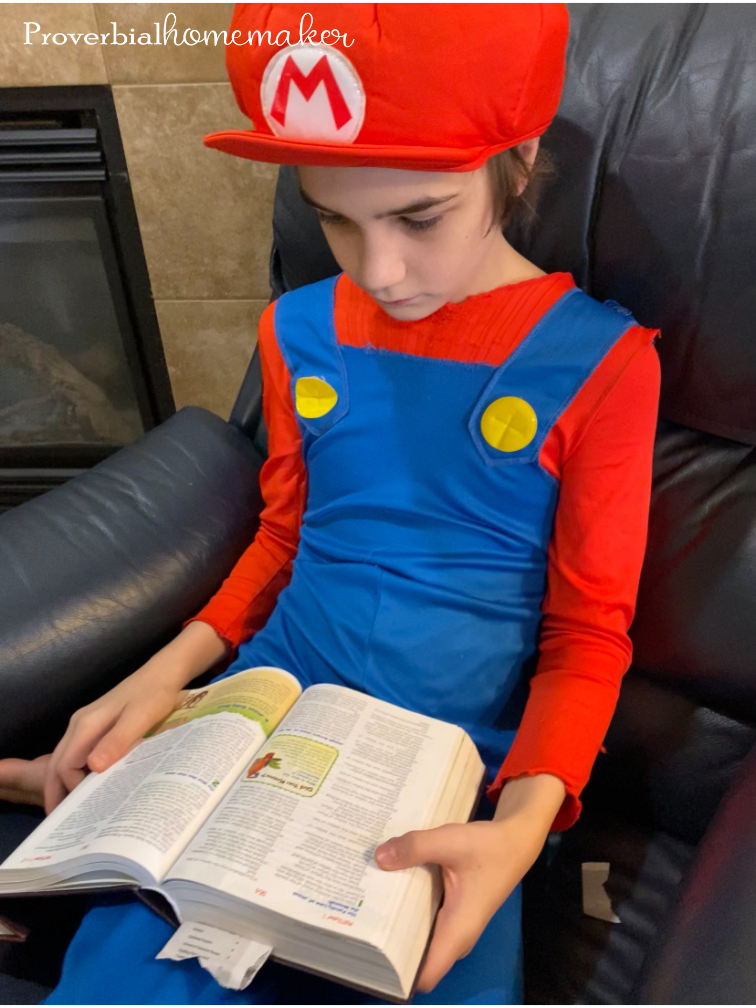
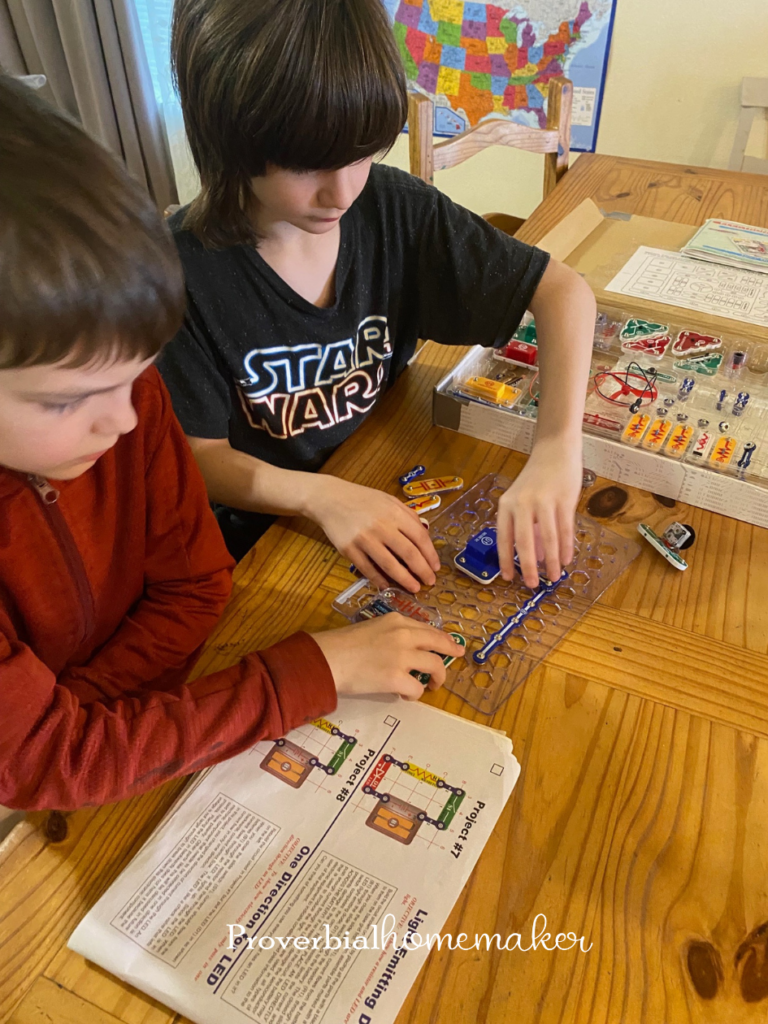

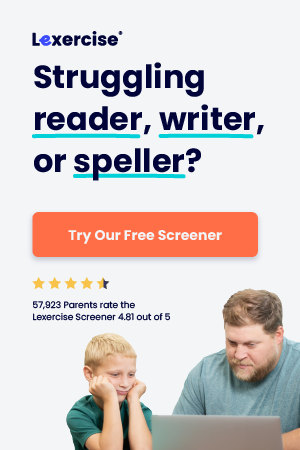
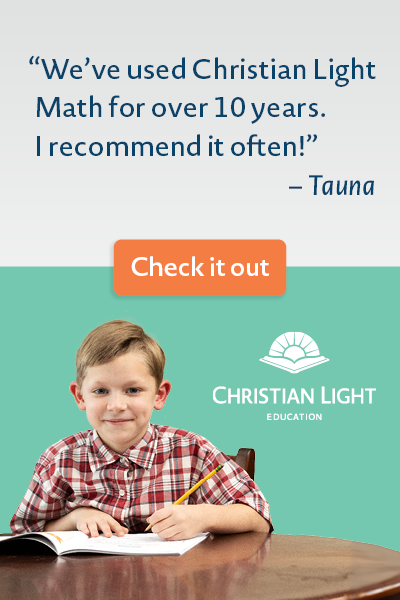
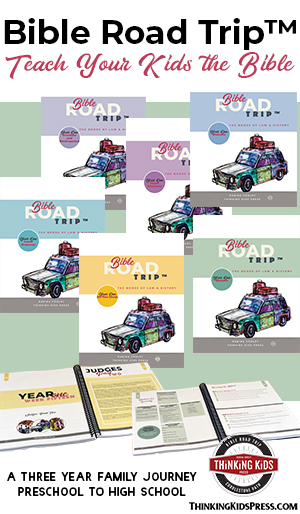
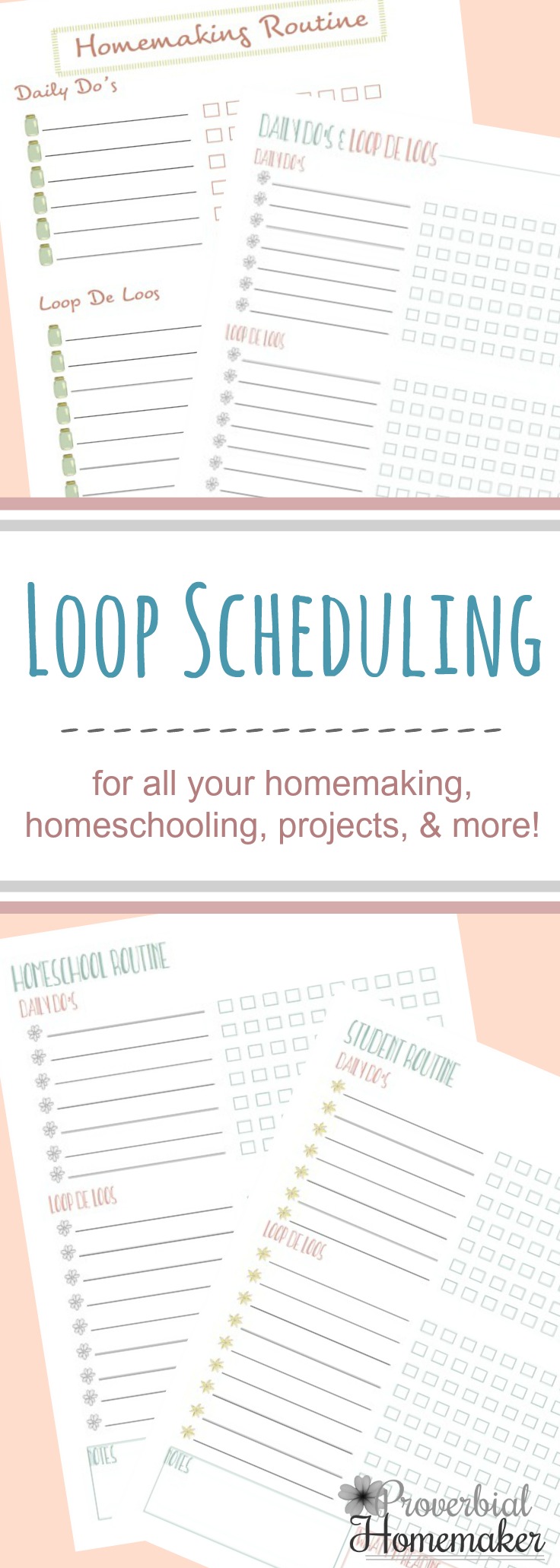

 by Stephanie, The Multi Taskin' Mom
by Stephanie, The Multi Taskin' Mom